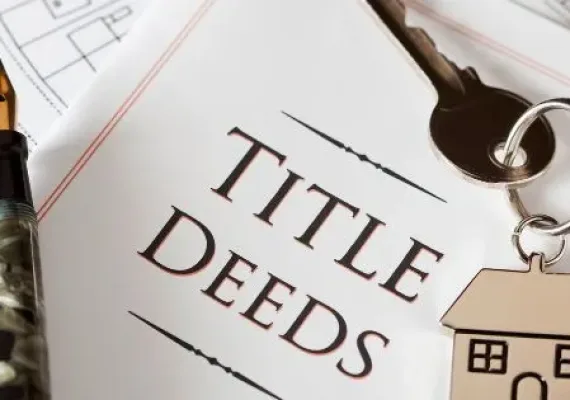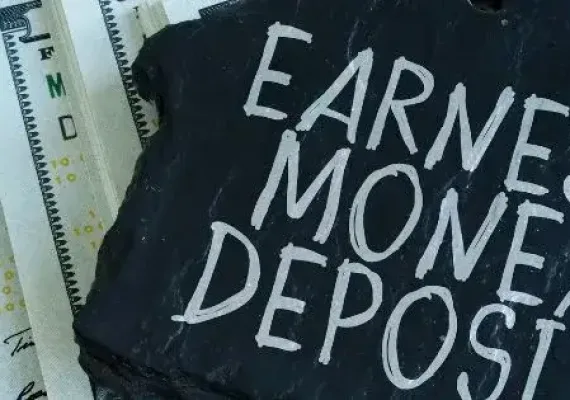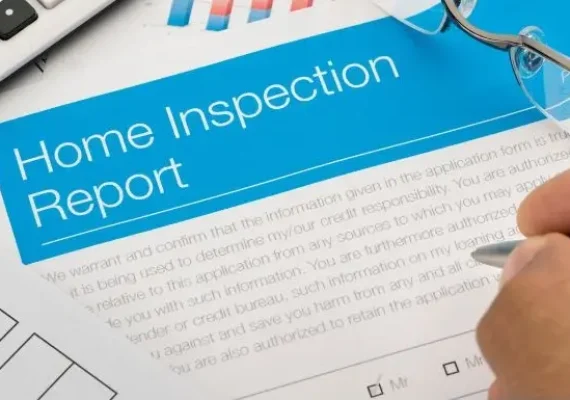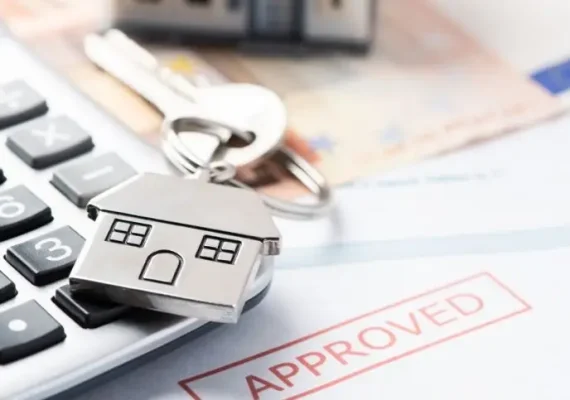Have you recently checked your home’s value and found it’s skyrocketed by more than $500K? If so, you might be wondering if it’s time to cash in on your investment. But before you plant that “For Sale” sign in your front yard, let’s dive into the world of capital gains tax and how it could impact your decision to sell.

Understanding Capital Gains Tax
What is Capital Gains Tax?
Capital gains tax is like the government’s way of saying, “Hey, congrats on making money on your investment! Now, how about sharing some of that with us?” It’s a tax on the profit you make when you sell an asset, including your home, for more than you paid for it.
How does it apply to home sales?
When it comes to your primary residence, the IRS gives homeowners a pretty sweet deal. But there’s a catch (isn’t there always?). The rules around capital gains tax on home sales can be a bit tricky, so let’s break it down.
The $500K Exclusion Rule
Eligibility criteria
Here’s where things get interesting. The IRS allows married couples filing jointly to exclude up to $500,000 of capital gains on the sale of their primary residence. For single filers, that number is $250,000. But before you start counting your tax-free dollars, you need to meet a few conditions:
- You must have owned the home for at least two years.
- You must have lived in the home as your primary residence for at least two of the last five years.
- You haven’t excluded the gain from another home sale in the last two years.
Benefits of the exclusion
This exclusion is like a golden ticket for many homeowners. It means you could potentially pocket a significant profit without owing Uncle Sam a dime in capital gains tax. But what if your home’s value has increased by more than $500,000?
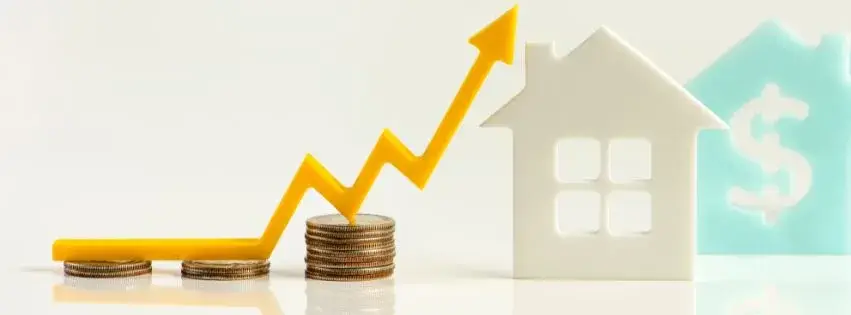
Assessing Your Home's Value Increase
Determining your home's current market value
Before you start worrying about taxes, you need to know exactly how much your home is worth. Get a professional appraisal or consult with a local real estate agent to get an accurate estimate of your home’s current market value.
Calculating potential capital gains
Once you know your home’s current value, subtract your original purchase price and any significant improvements you’ve made. This gives you your potential capital gain. If it’s over $500,000 (for married couples), you might owe taxes on the excess.
Factors to Consider Before Selling
Market conditions
Is it a seller’s market? Are homes in your area flying off the shelf? Or are buyers being more cautious? The current real estate market can significantly impact your decision to sell.
Personal financial goals
What do you plan to do with the proceeds from the sale? Are you looking to downsize, invest in another property, or fund your retirement? Your financial goals should play a crucial role in your decision.
Future housing needs
If you sell, where will you live next? Will you be able to find a suitable home in your desired area? Consider your future housing needs carefully before making a decision.
Strategies to Minimize Capital Gains Tax
Timing your sale
If you’re close to meeting the two-year residency requirement, it might be worth waiting to sell. Those extra months could save you thousands in taxes.
Home improvements and repairs
Keep detailed records of all improvements and repairs you’ve made to your home. These can be added to your cost basis, potentially reducing your capital gain.
1031 exchange for investment properties
If your property is an investment rather than your primary residence, consider a 1031 exchange. This allows you to defer capital gains tax by reinvesting the proceeds into a similar property.

Alternatives to Selling
Refinancing
If your main goal is to access your home’s equity, refinancing might be a better option. You can tap into your home’s increased value without triggering a taxable event.
Home equity loans
Another way to leverage your home’s increased value without selling is through a home equity loan or line of credit. This allows you to borrow against your equity while staying put.
Seeking Professional Advice
When dealing with potentially large sums of money and complex tax implications, it’s always wise to consult with professionals. A tax advisor or real estate attorney can provide personalized advice based on your specific situation.
Conclusion
So, is it time to sell when your home’s value has increased by more than $500,000? The answer isn’t a simple yes or no. It depends on various factors, including your personal circumstances, financial goals, and the current market conditions. While the potential for a significant tax-free profit is tempting, it’s essential to consider all aspects before making a decision.
Remember, your home is more than just an investment – it’s where you live your life. Make sure any decision you make aligns with both your financial and personal goals.
For more house buying and selling tips, consider exploring Real Estate News & Tips or subscribing to our newsletter.

Factors to Consider Before Selling
What if I've lived in my home for less than two years?
If you haven’t met the two-year residency requirement, you may still be eligible for a partial exclusion if you’re selling due to a change in employment, health reasons, or other unforeseen circumstances.
Can I use the $500,000 exclusion more than once?
Yes, but not within two years of a previous home sale where you used the exclusion.
What if I've been renting out my property?
If you’ve been using the property as a rental, different rules apply. You may need to pay capital gains tax on the appreciation during the rental period.
How do I prove I've lived in the home for two out of the last five years?
The IRS may ask for documentation such as utility bills, driver’s license addresses, or tax returns to verify your residency.
What if I inherit a home that has appreciated significantly?
Inherited properties receive a “step-up” in basis to the fair market value at the time of the previous owner’s death, potentially reducing or eliminating capital gains tax if sold soon after inheritance.
Is it time to cash out or stay put?
The decision isn’t always easy, but understanding the pros and cons can help you make the right choice for your future. 🏡✨
What’s your take? Have you faced this dilemma?
Share your thoughts!


